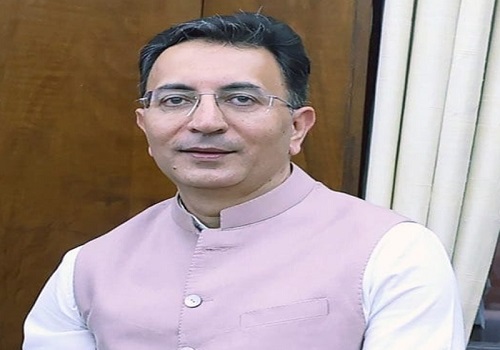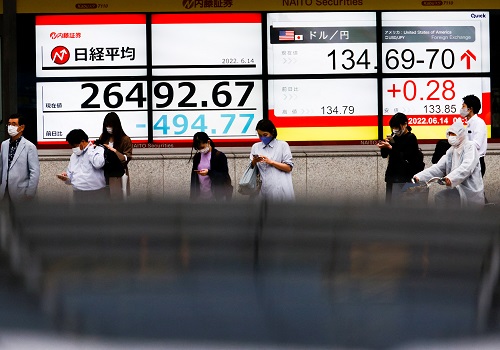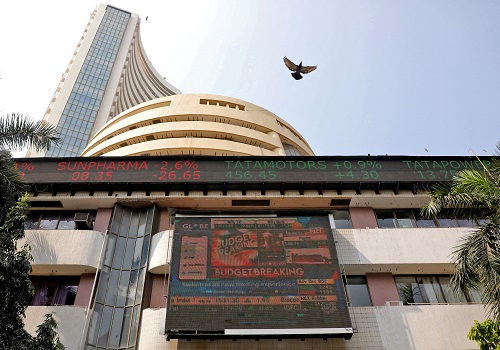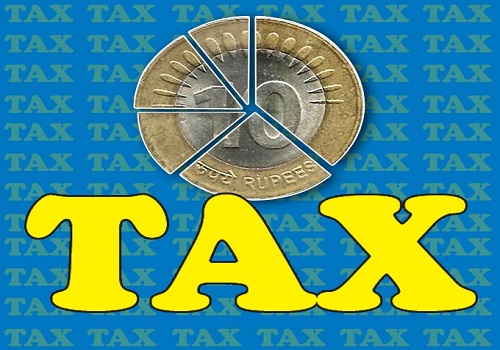RBL, Yes Bank, Bajaj Finserv most impacted by RBI curbs on Mastercard

Follow us Now on Telegram ! Get daily 10 - 12 important updates on Business, Finance and Investment. Join our Telegram Channel
After the Reserve Bank of India (RBI) restricted Mastercard from on-boarding new customers, among the credit card issuers, including co-brand partners, RBL Bank, Yes Bank and Bajaj Finserv are the most impacted as their entire card schemes are allied with Mastercard.
Japanese brokerage Nomura said in a note that these three entities are the most impacted by the RBI move.
HDFC Bank has 60 per cent of its card schemes tied to Mastercard, Amex and Diners, while for Axis Bank and ICICI Bank, this is about 35-36 per cent.
"That said, we don't know the individual card schemes' contribution to overall profitability of the issuers to assess the potential impact," it added.
HDFC Bank is already restricted from issuing new cards, and hence is not incrementally impacted. On the other hand, Kotak's card portfolio is entirely allied to Visa and hence it won't face any issues.
The managements of both Axis Bank and ICICI Bank have in the recent past talked about their cobranded cards with Flipkart and Amazon, respectively, to be the fastest-growing card schemes. These card schemes are 14 per cent and 15 per cent of outstanding cards for Axis and ICICI, respectively.
While the Amazon ICICI card is allied to Visa, the Flipkart Axis card is allied to Mastercard, and hence is a potential medium-term risk, should the current status-quo continue, Nomura said.
The RBI on Wednesday restricted Mastercard Asia/Pacific Pte Ltd from on-boarding new customers across all its card products (debit, credit and prepaid) from July 22, 2021.
The RBI had earlier put similar restrictions on both American Express Bank (Amex) and Diners Club International (Discover Financial Services).
"This leaves only Visa Inc and homegrown NPCI's RuPay as payment providers under no restrictions currently. We don't know if Visa has fulfilled all the requirements of data localisation as envisaged in the Storage of Payment System Data circular of the RBI," Nomura said.
"In the near term, we don't foresee any material impact on card issuers (especially credit card issuers), but there could be a medium-term impact if this situation persists," it added.












 320-x-100_uti_gold.jpg" alt="Advertisement">
320-x-100_uti_gold.jpg" alt="Advertisement">











